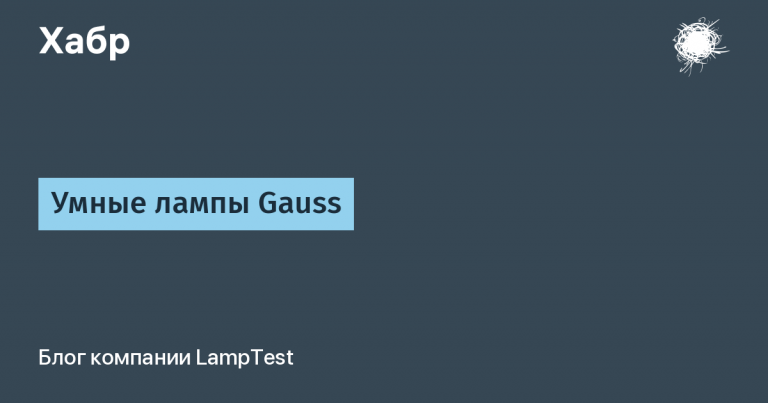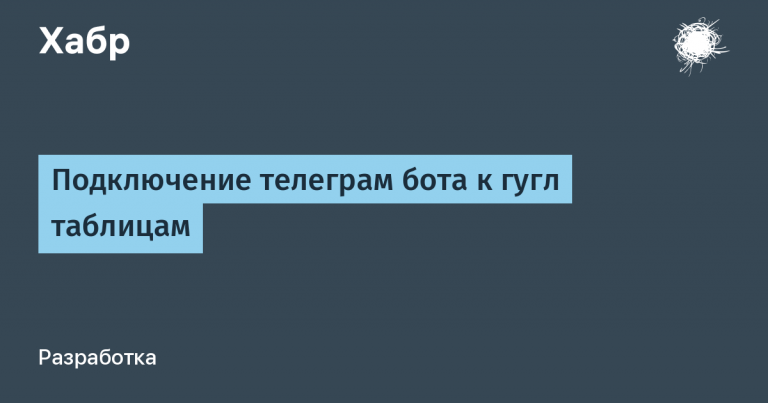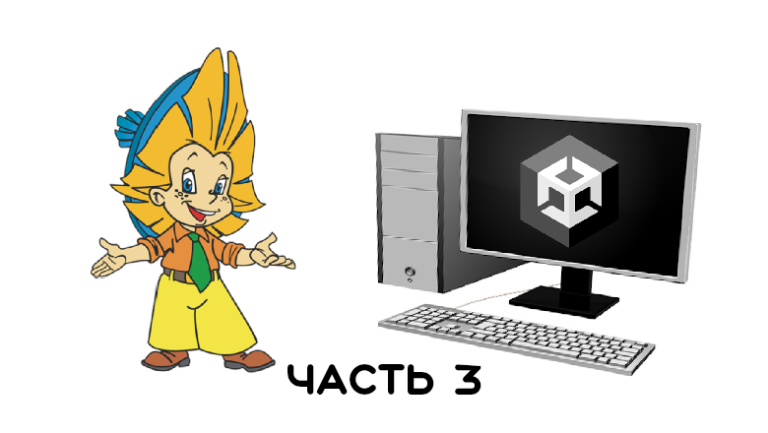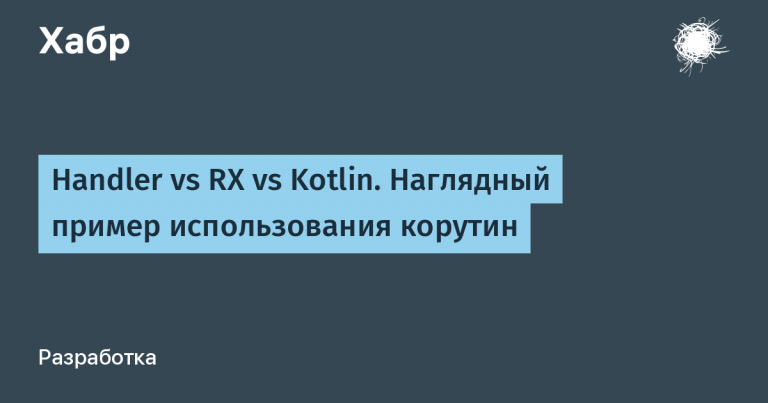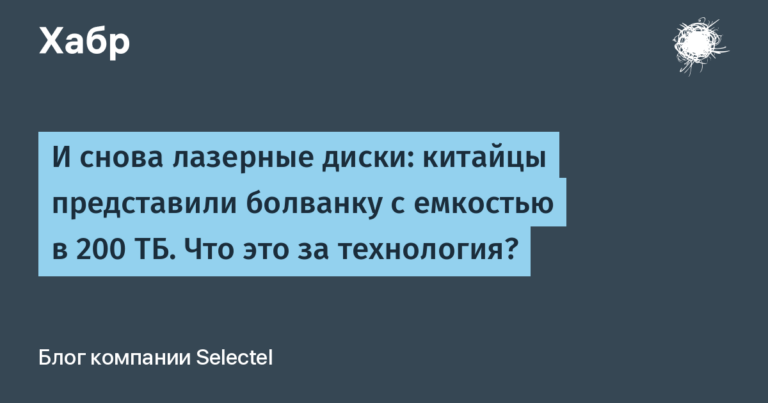Global disasters in the books of Liu Cixin
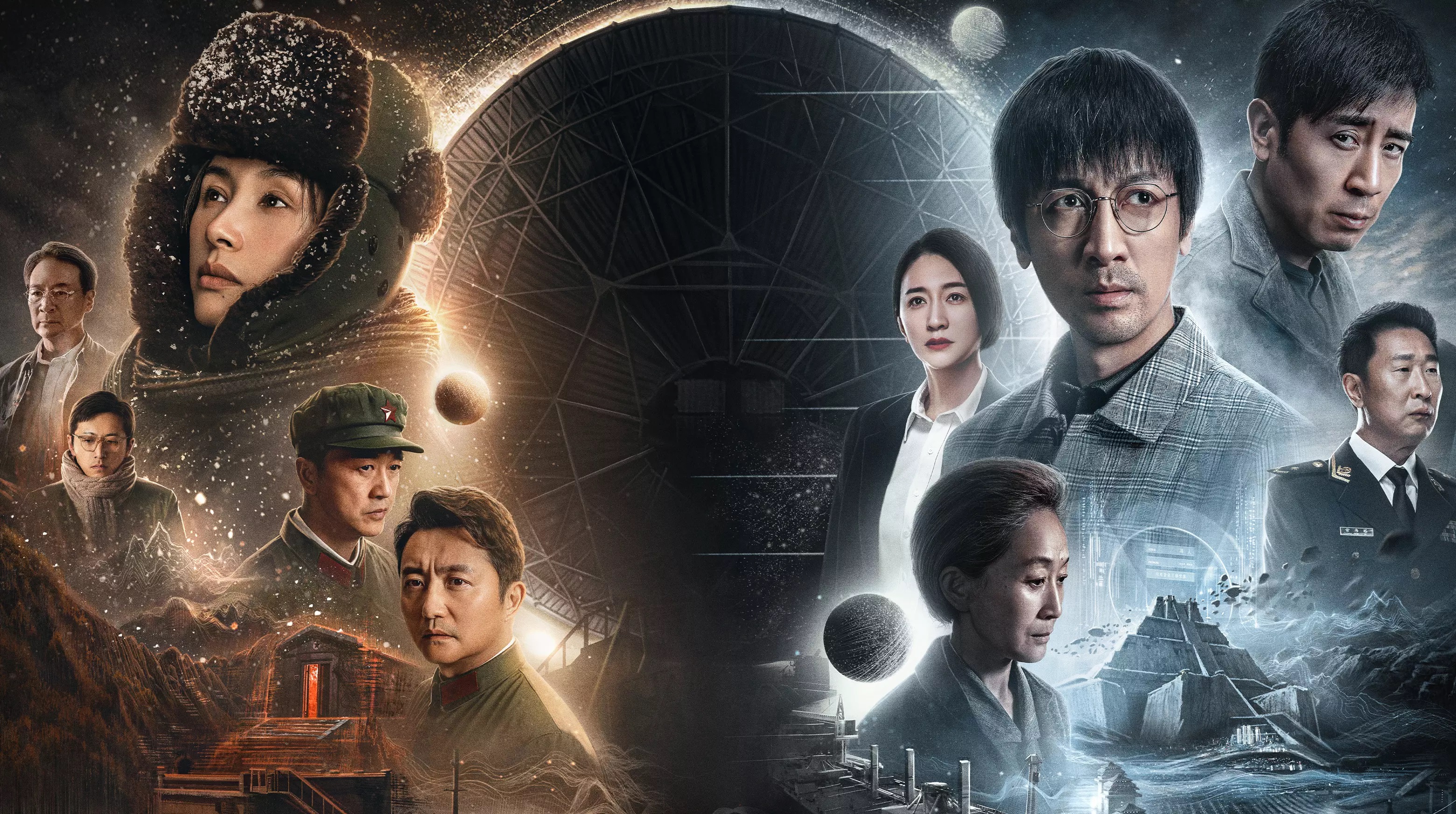
Like many science fiction writers, Liu Cixin often thinks about the future of humanity and the threats it may face. Therefore, quite often in his books, global cataclysms or hostile civilizations strike the Earth, which can destroy all life on the planet. While such a premise almost always means a fast-paced, high-stakes plot, Cixin continually turns to this theme for reasons other than entertaining the reader. By simulating various scenarios, he ponders what the most optimal answer the heroes can give, which is necessary for the survival of civilization. At the same time, he is more of an optimist than a pessimist, and believes that if you put in enough effort, salvation is possible.
“Memories of Earth’s Past”

The cycle that made Cixin famous throughout the world begins during the Cultural Revolution in China and ends many centuries later. The Chinese program to search for extraterrestrial civilizations has been a success, but the aliens with whom scientists have come into contact are not interested in peaceful interaction, but in the resources of humanity. A fleet from the planet Trisolaris is sent to conquer Earth, and people have 400 years to find a way to resist a civilization noticeably ahead of humanity in technological development.
The threat of alien invasion is a popular theme in science fiction, but Cixin shifts the focus a bit. Its main characters are scientists who are accustomed to solving problems not with force, but with knowledge, and the immediate danger is 400 years distant. The need to develop science (and not just the military complex) is a message that is often found in science fiction books. But here the task is complicated, because Trisolaris is capable of blocking the technological progress of people. What then can humanity oppose? Creativity and the ability to go beyond the usual boundaries. This is what helps the heroes come up with a plan to fight the aliens.
In his trilogy, Cixin also reflects on the survival of civilizations. Is humanity or Trisolaris worthy to continue to exist, or are their crimes too great and they must disappear? Where is the line that cannot be crossed even to save the entire planet? Does science have any ethical framework? There are no clear answers to these questions; earthlings and Trisolarans answer them differently, and the answers change over time.
“The Wandering Earth”

In this short story by Cixin, scientists built a mathematical model and found out that the Sun will become a red giant in the next 400 years. In an attempt to prevent the death of humanity, people developed a plan to move the Earth away from the Sun using huge engines. But the risks are great, and one mistake can cost millions of lives.
In The Wandering Earth, the scale of the threat is also enormous, and its beginning is distant. Therefore, some are tempted to live as if nothing is happening. But the main theme is the need to unite humanity for a common goal, in this case, saving the planet. Initially, the prospect of this seemed unlikely because governments are generally not willing to share innovation and power. But as the climate changes and the hour approaches, selfish considerations give way to an understanding of the risks of non-cooperation. This is how the unprecedented happened – almost all countries put aside their differences and joined the common project. Using the example of a critical situation, Cixin shows that the benefits of global cooperation can be much greater than that of competition, but often it becomes possible only when all other options have been exhausted.
“About Ants and Dinosaurs”

The short novel, included in the collection of the same name, tells the story of the complex interaction between two civilizations of the Mesozoic era – ants and dinosaurs. In calmer times, they coexisted peacefully, but environmental problems began to exacerbate contradictions, and one of the civilizations faced a choice – to sacrifice its allies or die with them.
As is clear from the description, the main problematic aspect of the novel is the choice of survival strategy during a crisis. Cixin almost always believes that cooperation is preferable. But in a situation where it leads to loss, is it necessary to consider other possibilities? The writer in an allegorical form examines scenarios of interaction between human cultures and the dangers associated with one or another choice. And he shows by example how the desire for world domination can turn into a disaster.
“Era of Supernova”

At the beginning of the novel, it becomes known that in 10 months there will be a Supernova explosion, which will kill the entire population of the Earth over 13 years of age. Adults hastily teach children politics, economics, industrial production and other knowledge and skills necessary for survival, then leave to die. And the remaining children alone build a new society, almost immediately beginning to violate the covenants of their parents.
Cixin again touches on the theme of uniting for one purpose, but in this novel it looks even more utopian. Efforts to prepare children for a new life look realistic, but it is difficult to believe that all the adults accepted their death and did not even look for another way out. However, this part is only a prelude to the main theme of the book – the structure of a society in which only children live.
The most famous novel on this topic is Lord of the Flies, and in it the prospects for such a society are painted very gloomily. But Cixin is more optimistic; his children do not want to bully each other, but simply have fun. This motive is even behind their organization of the bloody world games in Antarctica. After all, children are not cruel, they just don’t know the value of life. At the same time, the writer believes that if basic needs are met, children will be able to keep factories and infrastructure running and even achieve serious technological progress.
